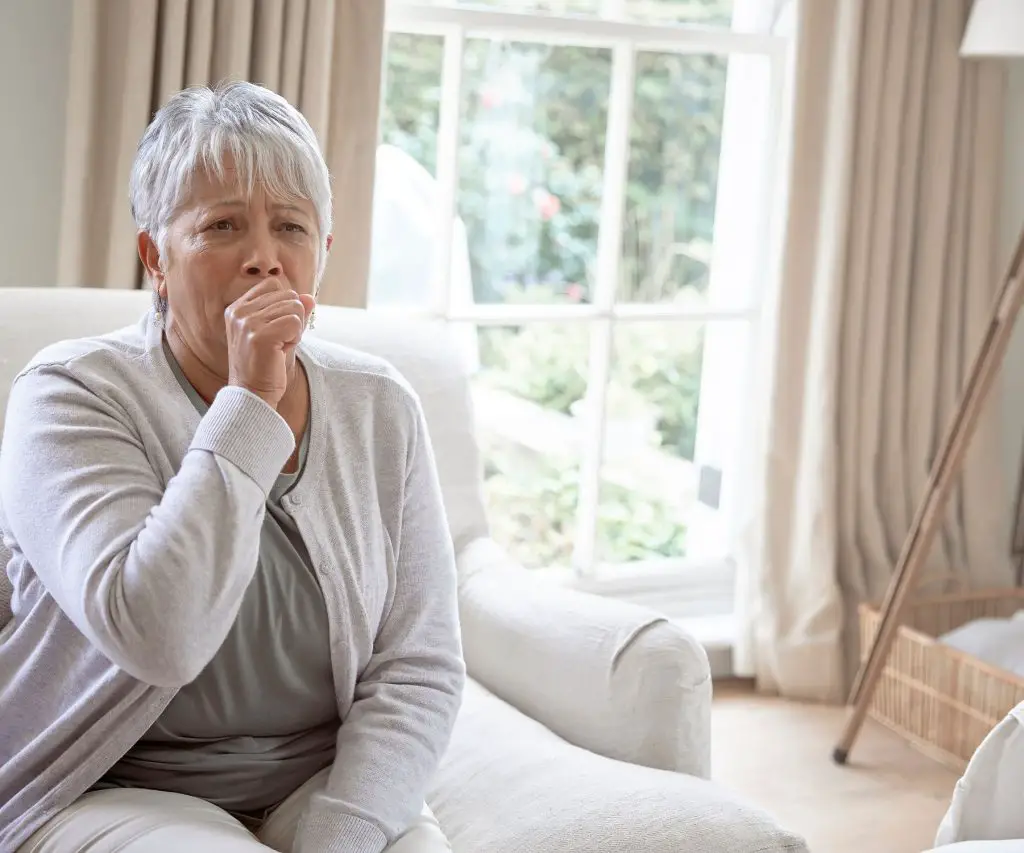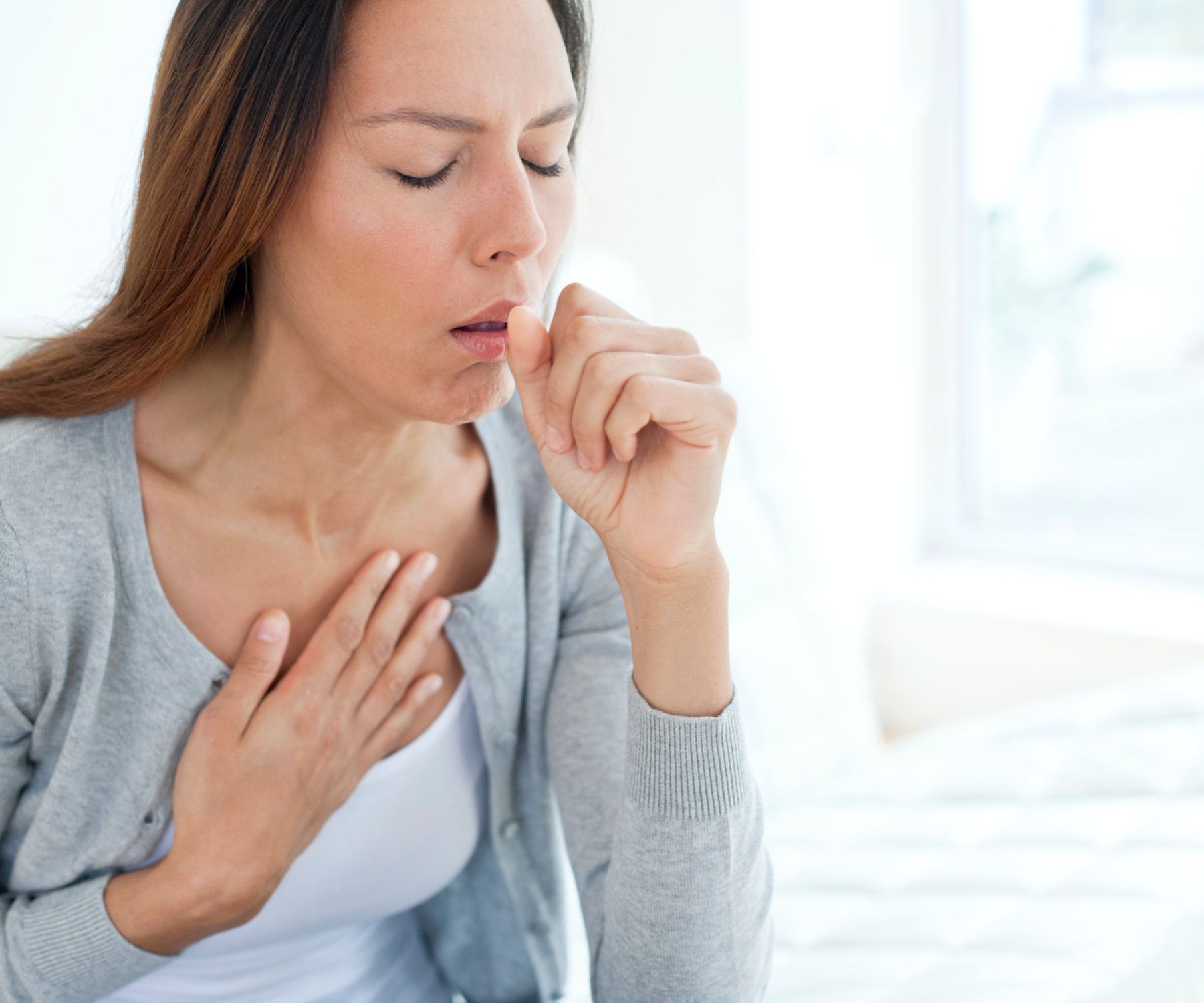Table of Contents
Why Does Air Conditioning Makes You Cough?
Air conditioning can cause coughing by drying out indoor air, which irritates the respiratory tract. Additionally, AC units can circulate dust, allergens, and sometimes harbor mold and bacteria, further contributing to coughing. Proper maintenance of the AC system and using a humidifier can help alleviate these issues.
Causes of Air Conditioning-Related Coughing
| Cause | Description | Solutions |
|---|---|---|
| Dry Air | AC units remove moisture, leading to dry, irritating air. | Use humidifiers, keep hydrated. |
| Dust and Allergens | AC can circulate dust, pollen, and pet dander, causing allergic reactions. | Clean filters regularly, use air purifiers. |
| Mold and Bacteria | Moist conditions in AC units or ducts can foster harmful microorganisms. | Regular cleaning, control humidity. |
| Cold Air | The cold air from AC can trigger a cough reflex, especially in sensitive individuals. | Moderate temperature settings, avoid direct airflow. |
| Pre-existing Conditions | Conditions like asthma, allergies can be exacerbated by AC due to dry and cold air. | Consult healthcare professionals, personalize indoor climate. |
Why Dry Air Causes Coughing
Our respiratory tracts are lined with tiny, hair-like structures called cilia. These cilia trap dust, pollen, and other particles to keep them from reaching the lungs. To do their job properly, cilia need moist air. Dry air dries out the cilia, impairing their function. Irritants can then bypass the cilia and penetrate deeper into the airways, provoking coughs.
Dry air also dries out the mucous membranes in the nose and throat. This makes the membranes swollen and inflamed. Swelling in the throat area can stimulate cough reflexes. Additionally, dry, inflamed membranes produce less mucus. Mucus helps keep the respiratory tract moist and traps particles. With less mucus, the airways become even drier and further irritated.
Tips for Reducing Air Conditioning Cough
If your AC unit is making you cough, try these tips to add moisture back into the air:
-
-
- Use a humidifier. Humidifiers increase humidity levels and can significantly reduce air conditioning cough.
- Place bowls of water near AC vents. As air blows over the water, some moisture will evaporate into the air.
- Keep hydrated. Drinking plenty of fluids can help keep mucous membranes moist.
- Buy a dehumidifier for only the bedroom. That way, you get the benefits of added humidity at night while sleeping.
- Set the AC to continuous fan mode. This helps circulate indoor air rather than drying it out.
- Make sure your AC unit is clean. Dirty filters can restrict airflow and dry out air.
Dust and Allergens
Why Dust and Allergens Cause Coughing
Air conditioners can circulate dust, pollen, pet dander, and other allergens throughout a room. When inhaled, these particles can irritate the respiratory tract, especially in individuals with allergies, leading to coughing. Regularly breathing in these allergens can trigger an immune response, causing inflammation in the airways and a persistent cough.
Tips for Reducing Cough from Dust and Allergens
-
-
- Regular Maintenance: Clean or replace your AC unit’s air filters every 1-3 months to minimize the circulation of allergens.
- Air Purifiers: Consider using an air purifier with a HEPA filter to capture airborne allergens effectively.
- Reduce Indoor Allergens: Vacuum and dust your home regularly, use dust mite covers for bedding, and keep pets out of certain rooms to reduce allergen exposure.
-
Mold and Bacteria
Why Mold and Bacteria Cause Coughing
Moist and dark environments within air conditioning units or ducts can foster the growth of mold and bacteria. When these microorganisms are dispersed into the air, they can be inhaled and cause respiratory irritation or infections, leading to coughing.
Tips for Reducing Cough from Mold and Bacteria
-
-
- Regular Cleaning: Have your AC unit and ducts inspected and cleaned regularly to prevent mold and bacteria buildup.
- Control Humidity: Use a dehumidifier to maintain indoor humidity levels between 30-50% to discourage mold growth.
- Prompt Repairs: Fix any leaks or water damage promptly to prevent mold and bacteria from thriving.
-
Cold Air
Why Cold Air Causes Coughing
The sudden exposure to cold air from an air conditioner can trigger a reflex in the respiratory system, leading to coughing. This response is more pronounced in individuals with respiratory conditions like asthma, where the airways are more sensitive.
Tips for Reducing Cough from Cold Air
-
-
- Adjust Temperature Settings: Keep the temperature setting on your AC unit moderate to avoid a stark temperature difference.
- Direct Airflow: Ensure that the AC’s airflow is not directed straight at people, to reduce the direct impact of cold air.
- Acclimate Your Body: Gradually acclimate your body to cooler temperatures to reduce the shock of cold air.
-
Pre-existing Respiratory Conditions
Why Pre-existing Conditions Exacerbate Coughing
Individuals with asthma, COPD, bronchitis, or allergies may find their symptoms worsened by air conditioning. The cold, dry air can irritate already sensitive airways, leading to increased coughing and discomfort.
Tips for Managing Cough with Respiratory Conditions
-
-
- Consult a Healthcare Professional: Work with your doctor to adjust your treatment plan during months when you use your AC more frequently.
- Humidity and Clean Air: Use a humidifier and air purifier to maintain optimal indoor air conditions.
- Personalized Comfort: Adjust your living space to minimize reliance on air conditioning, such as using fans or keeping blinds closed to cool down rooms naturally.
-
-
Why Air Conditioning Makes Me Cough and What To Do About It
1. Why does air conditioning make me cough?
Air conditioning can lead to coughing due to dry air, which irritates the mucous membranes in your throat and respiratory tract. Additionally, circulating dust and allergens can trigger coughing.
2. Can air conditioning worsen existing respiratory conditions?
Yes, air conditioning can exacerbate existing respiratory conditions like asthma and allergies due to the cold, dry air and potential presence of irritants.
3. Is it common to cough more at night when the air conditioner is on?
Yes, it’s common because your body is more prone to dehydration overnight, and the continuous exposure to cold, dry air can irritate your throat and airways.
4. How does the temperature setting on an air conditioner affect coughing?
Lower temperature settings can make the air drier and colder, which can increase the likelihood of coughing. It’s advisable to keep the AC at a moderate temperature.
5. Can the quality of air filters in AC units impact coughing?
Absolutely. Higher quality air filters can trap more dust, allergens, and other particulates, reducing the irritants in the air that can cause coughing.
6. What maintenance steps can reduce AC-induced coughing?
Regularly cleaning or replacing AC filters, ensuring ducts are clean, and having professional maintenance checks can minimize irritants and improve air quality.
7. Could a humidifier help when using air conditioning?
Yes, a humidifier can add moisture to the air, which helps to alleviate the dryness caused by air conditioning and can reduce coughing.
8. Are certain individuals more prone to coughing from air conditioning?
Individuals with respiratory conditions, allergies, or sensitive airways are more susceptible to coughing from air conditioning.
9. Does the refrigerant used in AC units contribute to coughing?
Typically, the refrigerant does not directly cause coughing unless there is a leak, which is rare but can lead to air quality issues and health symptoms including coughing.
10. Can sitting directly under an air conditioner cause more coughing?
Yes, direct exposure to the cold air stream can increase coughing due to the immediate impact of cold, dry air on your respiratory system.
11. What immediate actions can I take if air conditioning starts to make me cough?
Move away from direct airflow, drink water to stay hydrated, and consider using a humidifier to add moisture to the air.
12. How does indoor air quality affect coughing in air-conditioned environments?
Poor indoor air quality, compounded by circulating dust and allergens through AC systems, can significantly contribute to coughing.
13. Can air conditioning cause a dry cough specifically?
Yes, the dry air produced by air conditioning is a common cause of a dry, tickling cough.
14. What are some long-term solutions for AC-induced coughing?
Investing in air purifiers, using hypoallergenic filters, maintaining optimal humidity levels, and ensuring regular maintenance of the AC system can provide long-term relief.
15. Should I consult a healthcare provider for coughing related to air conditioning?
If your cough is persistent, worsens, or is accompanied by other symptoms, consulting a healthcare provider is advisable to rule out underlying conditions and receive appropriate treatment.









